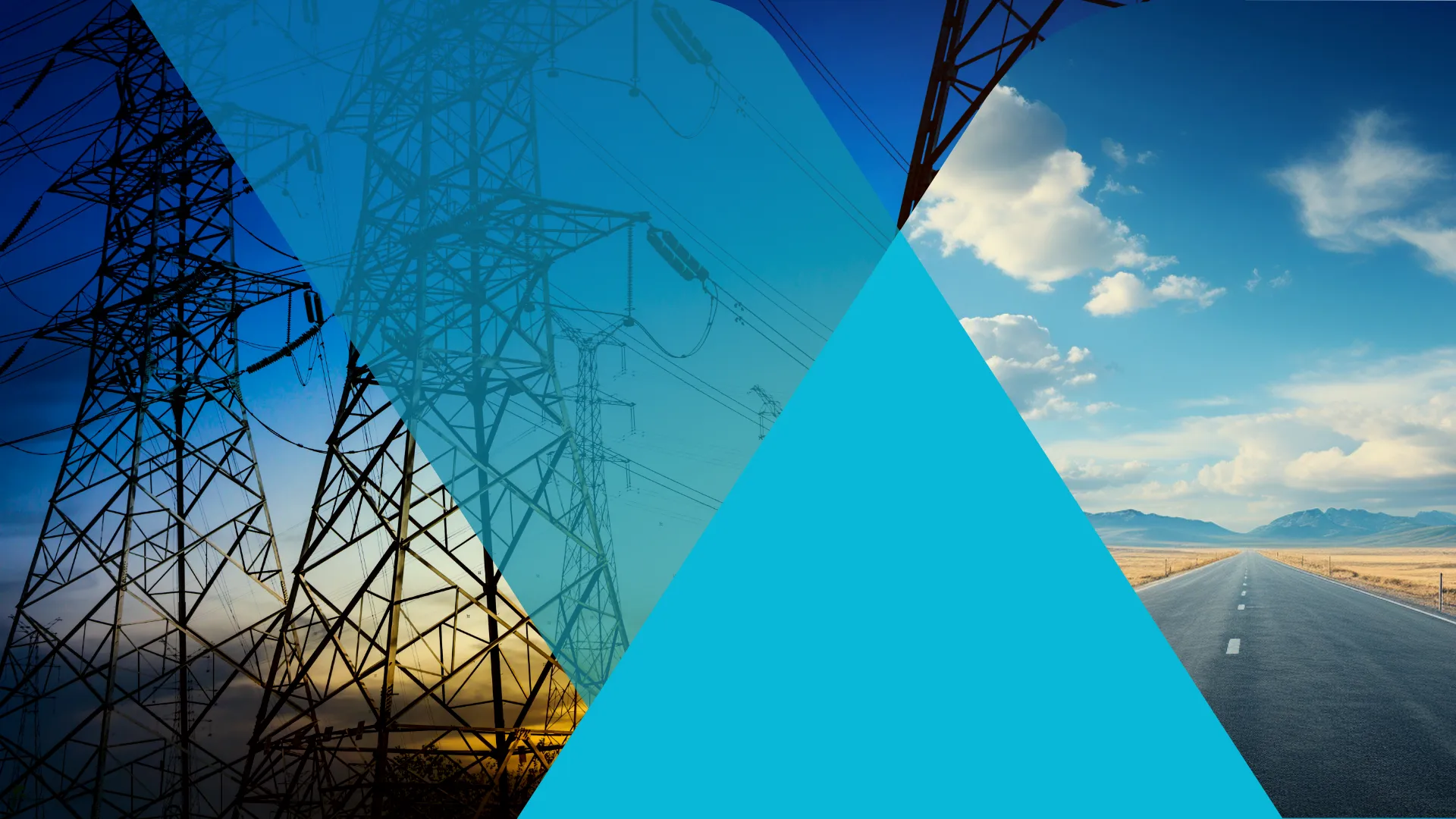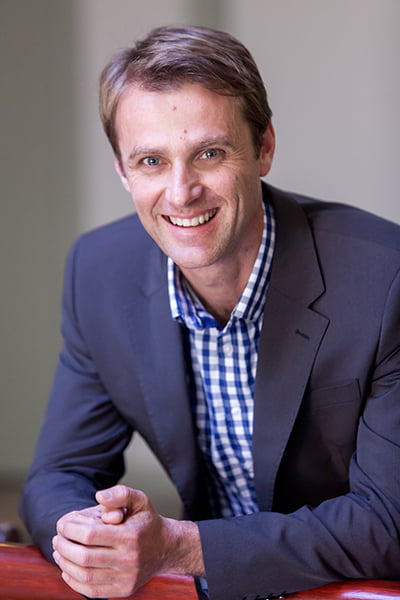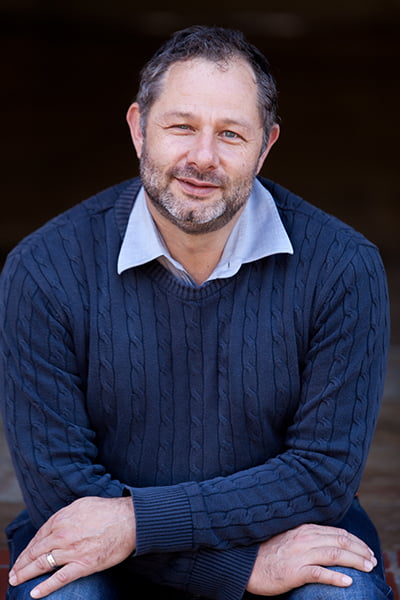Recognition of the reputational and economic benefits that can be gained by minimising waste means a growing number of businesses and organisations are taking active steps to accelerate their commitment to achieving a state of ZWTL. Underscoring this is government and industry compliance regulations, the growing focus on climate risk management and concerns around the limited remaining capacity of landfill sites.
To achieve ZWTL, companies need to take a holistic approach to waste generation, collection, treatment and disposal. Zero Waste is not the same as Zero Waste to Landfill and is a long-term strategy rather than an immediate goal. The first step is having an effective integrated waste management strategy in place aimed at producing less waste at source through prioritising waste reduction, along with the efficient use of resources, together with effective reuse and recycling. This means that ultimately, no waste is sent to landfill, incinerators or the ocean.
Zero Waste to Landfill – meaning that at least 99% of waste produced is diverted from landfill through recycling, reuse or other beneficiation technologies – is a more tangible goal that can be measured, tracked and verified.
“The GCX platform allows me to ask questions I would not have thought possible and allowed us to move away from only doing benchmarks around square meterage and GLA. Before it could take two weeks to get a report, but the platform allows me to answer colleagues and clients around reporting or utilities anomalies in half a day and this has bolstered Operations reputation within the V&A Waterfront.” – Andre Theys, Executive Manager – Operations, V&A Waterfront
Plotting your journey
As sustainability solutions experts, GCX can help your organisation move towards becoming a ZWTL business by establishing a strategic roadmap of proactive steps that need to be taken and milestones that need to be achieved.
Key to this is a clear overview of waste streams. If you aren’t gathering the correct data, you won’t be able to measure and assess how you can take steps to reduce and divert waste. GCX’s leading-edge reporting and analytics platform GCX DASH- gathers data from across the business to track waste and other sustainability indicators.
The platform gives enhanced performance insights into tracking waste flows of multiple waste contractors and provides analytics and performance benchmarks across the entire waste value-chain. This enables businesses to unlock increased waste-related efficiency and cost savings, while at the same time giving key insights into waste generation, recycling and disposal, helping organisations to move ahead on their ZWTL journey.
“We’ve had a partnership with GCX for many years. They are a very professional company, easy to work with, and very innovative which is very important. They sometimes stretch us in our thinking, making them an excellent partner to work with. It’s great to get an objective view sometimes from someone outside. To open new ways of looking at data and interacting with it. For us, it’s important because it drives efficiencies and saves us money.” – Andre Nel, General Manager Sustainability, Pick n Pay
Through its subsidiary, Zero Waste Technologies, GCX is able to offer engineering solutions such as W2E (waste to energy, waste to brick) solutions. This has become a pressing issue for organisations in the Western Cape, with a 100% ban on organic waste to landfill by 2027, and the 50% target already established this year. Disposing of organic waste in landfills is particularly harmful to the environment as it rots and produces methane, which is 22 times more damaging as a greenhouse gas than carbon dioxide.
“Waste data analysed through our enhanced data analytics and reporting capabilities indicates that many businesses generate vast quantities of organic waste, making compliance with the imminent organic waste bans challenging without a proactive and strategic roadmap,” says GCX founder and CEO Kevin James, who is also director of Zero Waste Technologies.
Zero Waste Technologies can help organisations find cost-effective alternative W2E processing options throughout South Africa, effectively turning organic waste into various forms of energy, including electricity, heat and steam through a biological process called biogas digestion. The digestate produced by the plant is then used for composting on commercial farms.
The ultimate goal for organisations striving for ZWTL is securing an accredited certification for their efforts. By gaining ZWTL Certification, organisations gain credibility and transparency on their sustainability journey. GCX does this by conducting audits of facilities and waste streams and compiles the findings into a report for review by the certifier, who then acts as a third-party verifier and independently issues the Zero Waste to Landfill Certification.
Striving for Zero Waste to landfill is essential for organisations that are serious about their future and recognise the role they need to play in achieving global climate targets. To find out how GCX Zero Waste experts can help your business, get in touch with us at [email protected] or call +27217024058










